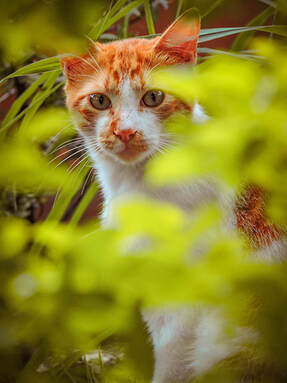 Photo by Viviana Escobar from Pexels
Photo by Viviana Escobar from Pexels Notoriously inquisitive, known for nosing around indoors and out, cats continuously court disaster, and it’s incumbent upon their conscientious owners to keep them safe from harm.
That said, consider these seven backyard threats to your own kitty’s health and wellbeing.
Toxic Plants: Famously fond of chewing on plants, curious cats should never find these toxic plants in YOUR garden – azaleas, chrysanthemums, daffodils, foxgloves, gladioli, hydrangeas, irises, lilies, marigolds, tomato plants and tulips. For a more complete list of potentially lethal plants, please consult your vet.
Unlocked garages and sheds: Both are paw-tential “breeding grounds” for disaster -- from sharp tools when stepped on to toxic chemicals when ingested. If your house has a garage, a shed or both, ensure that they’re always closed and locked when not in use to keep your cat from wandering around them unsupervised. Make certain beforehand, though, that all of your tools have been safely stored away and that your cat isn’t hiding some place inside to keep her from being trapped there.
Uncovered swimming pools: Attempting to drink from an outdoor swimming pool can prove fatal to any curious cats should they fall into the water. To spare them this fate, either use a pool cover when the pool’s not in use or ensure that there’s a low edge to it. This way, cats can easily climb out if they happen to lose their balance and take a tumble.
Chemical herbicides: Far too many dedicated gardeners use chemicals -- herbicides and/or insecticides -- to keep their gardens free from unsightly weeds and plant-eating bugs. But these chemicals can make cats violently ill if licked, chewed and swallowed. The solution: if you do use such chemicals, restrict your cat’s access to the garden until they’re fully dried or, better still, switch to natural alternatives that are deemed safe for pets.
Rat poison and slug pellets: Not only is rodent poison fatal to rats and mice, it can also be fatal to cats -- if they ingest the poison itself or if they eat a poisoned rat. To keep your cat safe, avoid using rat poison in your own garden and speak with your neighbors about their own, possible use of this toxic substance. Slug pellets, shaped like small cylindrical bullets, can also be appealing to cats and should be replaced with harmless alternatives – from copper tape and egg shells to sea shells and recycled wool waste pellets.
Fruit stones from trees or plants: The downside of having fruit trees or fruit-bearing plants in your garden is how quickly they litter the ground with fruit stones, berries and seeds. If cats swallow a fruit stone, it can often cause an intestinal obstruction that, if not resolved promptly, can be fatal. In some cases, these stones, along with the berries and seeds, can also be toxic and should be removed from the ground on a regular basis.
Compost heaps: While cats may enjoy digging about in compost heaps, dangers lurk deep within them -- from sharp sticks, moldy food and coffee grounds to cat-toxic fruits and vegetables such as raisins, onions and avocados. If there’s a compost heap in your garden, enclose it with a pet-proof fence or use a specially designed bin to keep the compost safely out of reach of your cats’ paws and mouths.
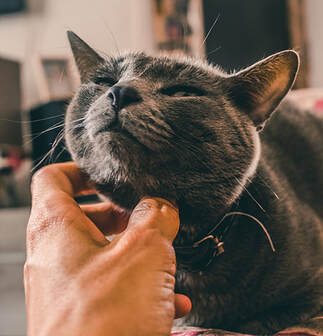
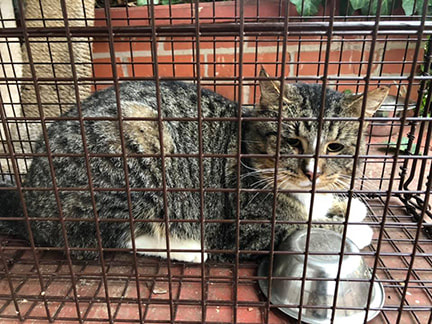

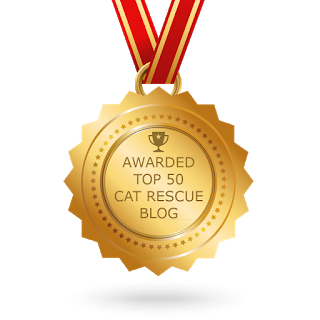
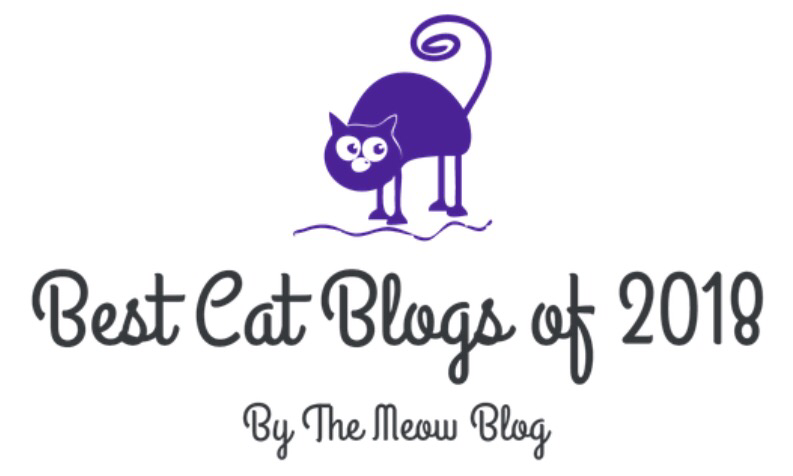

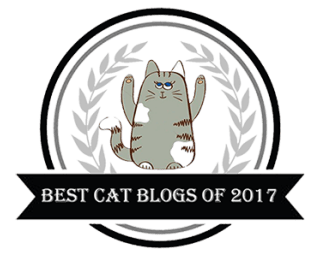
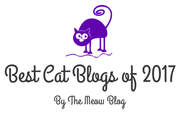



 RSS Feed
RSS Feed